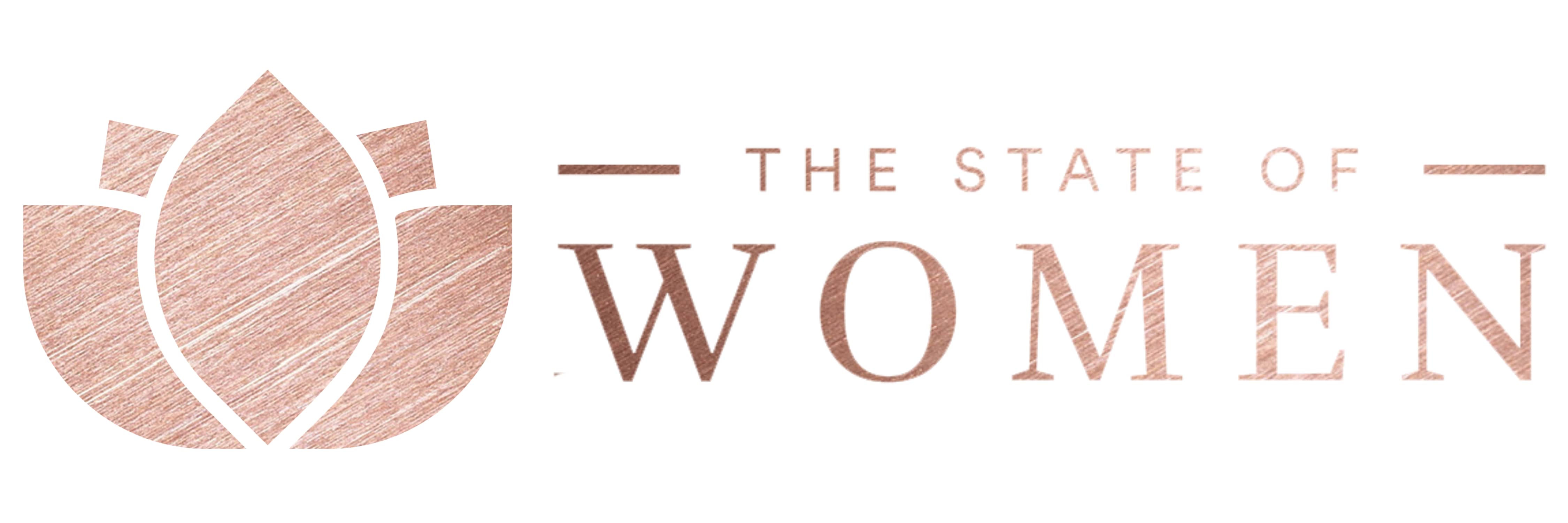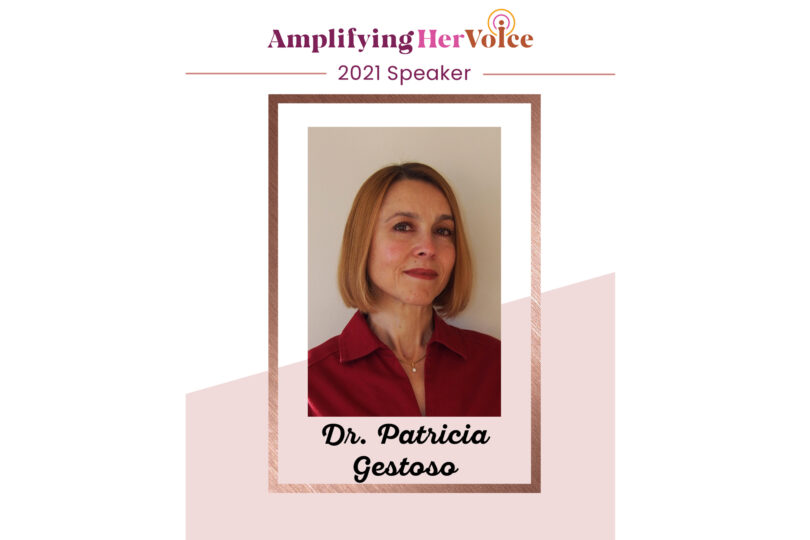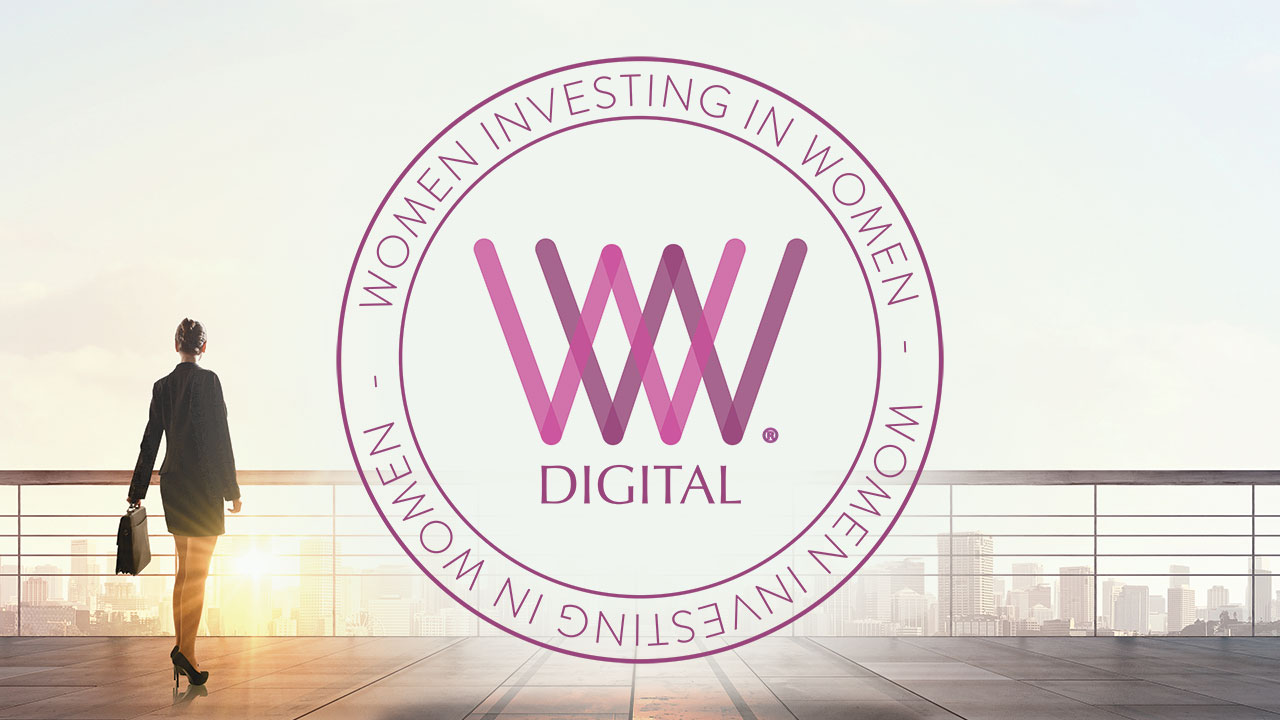Today we’d like to introduce you to Dr. Patricia Gestoso, who will be delivering a keynote speech on the financial penalties of unpaid work at the Amplifying Her Voice “In Moms We Trust” Mother’s Day Summit.
Dr. Gestoso has spent over 15 years working at the intersection of technology, business, research, and inclusion. She founded the first regional employee resource group focused on gender equality at Dassault Systèmes and serves as a member of the EuroNorth Diversity and Inclusion Council. She developed the Ethics and Inclusion Framework to help businesses improve customer experience through ethical and inclusive technology.
In our Q&A, Dr. Gestoso discusses overcoming limits, inclusive environments and products, the importance of valuing and supporting caregivers, inspiration, and more.
What inspired you to join Amplifying Her Voice for Mother’s Day? What do you hope to share with the world?
How we can use the COVID-19 pandemic as a catalyst for transforming the workplace by identifying and getting rid of limiting beliefs.
What most drives and motivates you each day?
To contribute to building diverse and inclusive workplaces, products, and services.
Who is your role model, and why?
My mother. Throughout her personal and professional life, she has managed to balance kindness with assertiveness and adaptability with focus.
What cause, company, group, or movement are you a part of that you would like to share with us?
First, the Dassault Systemes EuroNorth Lean In circle, an employee resource group focused on further gender equity in the workplace that I founded in 2016. Then, Ada’s List and Elpha, two communities oriented to support women in tech.
What do you think are some of the most pressing issues facing moms, families, and caregivers today?
The limiting belief that only self-serving work is worth paying for, inherited from Adam Smith’s ideas. If we’d really value caregiving for what really is, the foundations underpinning society, we’d protect, support, and reward caregivers. At the moment, our society doesn’t value carework, so caregivers are unpaid or poorly paid, grappling for resources, and in a lot of cases left to themselves to orchestrate the complexities of providing carework.
How do you think issues like poverty, violence, racism, oppression, and inequality intersect with motherhood and with being a woman?
All those issues exacerbate the challenges of motherhood and being a woman.
A mother cannot simply compartmentalize that last week she was a victim of domestic violence, yesterday she couldn’t eat because the money she had was only enough to feed her children, and today she received a racist insult on the bus.
All those events, which an outsider may interpret as disconnected, are part of the same experience for that mother and each one reinforces the oppression of the other issues.
How do you feel being a mother is different now than it was in the past? What do you hope will change in the future?
I’m a diversity and inclusion evangelist, but I’m not a mother myself, so I cannot talk about my personal experience. From my perspective, which is very focused in Western countries, whilst the biological/medical aspect of being a mother has improved, I don’t believe that by any means that mothers now don’t have challenges. For example, whilst on paper it would appear that most women have the luxury to choose to park their career to care for their children, the reality is that the economy is designed for two adults to contribute to the household and when women stop earning money, it negatively impacts their finances in the short and long term.
What is the best advice you’ve received?
It’s difficult to single one out. One that has helped me during the pandemic was given to me about three years ago, when I was undergoing a difficult time. An older family member told me that sometimes something that appears to be insurmountable at the moment, it becomes unimportant in a couple of years. That has certainly resonated with me this last year.
What is something you would like to share with the next generation?
That done is better than perfect.
Who inspired you as a child or young person, and how do you work to inspire the next generation now?
I’ve always felt that being a woman is a determinant component of whom I am. When I was young, I was attracted to women that were trailblazers in their fields like Marie Skłodowska Curie, Florence Nightingale, Cleopatra, and Jeanne d’Arc. I hope to inspire the next generation by showing them that with resilience, hard work, and the power communities we can push through our limiting beliefs.
What do you think is the most important thing for women to keep in mind in terms of caring for themselves?
We must keep remembering that we have a body and that we need to care for it.
What are your views on “work-life balance” for women? How should women handle the obligations of both professional and family life, and what messages does it send to the next generation?
I don’t believe in work-life balance as presented by the media. It’s a construct that has been sold to women so that if they are overwhelmed and overworked with all the competing demands of work, family, and society they take it as it’s actually their fault and they can “fix it” if they are smart enough to find “work-life balance.” Finding work-life [will only happen if we stop] thinking that women’s time is elastic. Women have 24 hours a day too, and we need to start supporting them and decreasing the demands on them.
What advice would you like to share with girls and women looking to achieve their dreams and lift up one another?
Find communities that support you and your dreams—that want you to succeed.
We appreciate Dr. Gestoso’s work, advocacy, and expertise. Register for the Amplifying Her Voice “In Moms We Trust” Summit today to hear her speak and to listen to other leading women from around the world!



